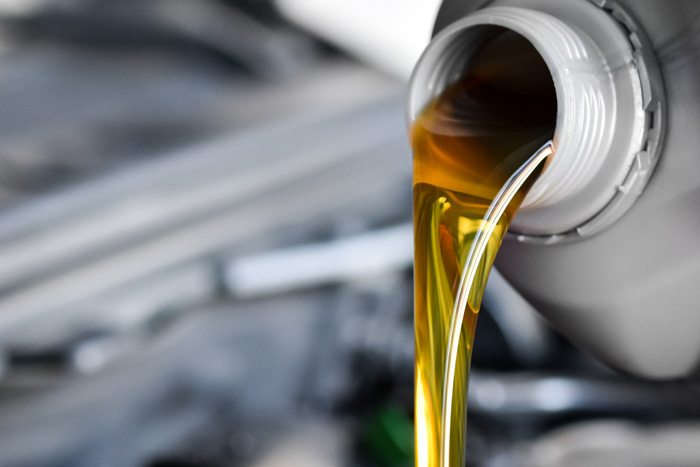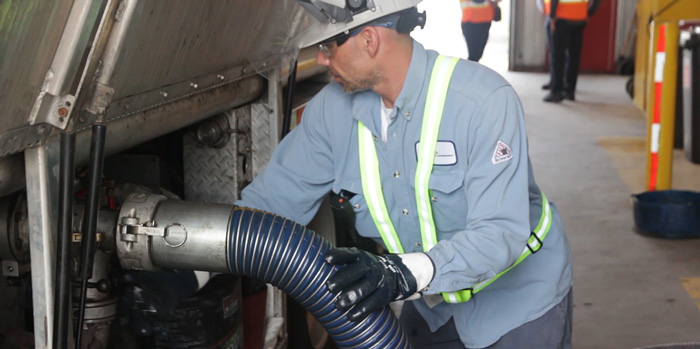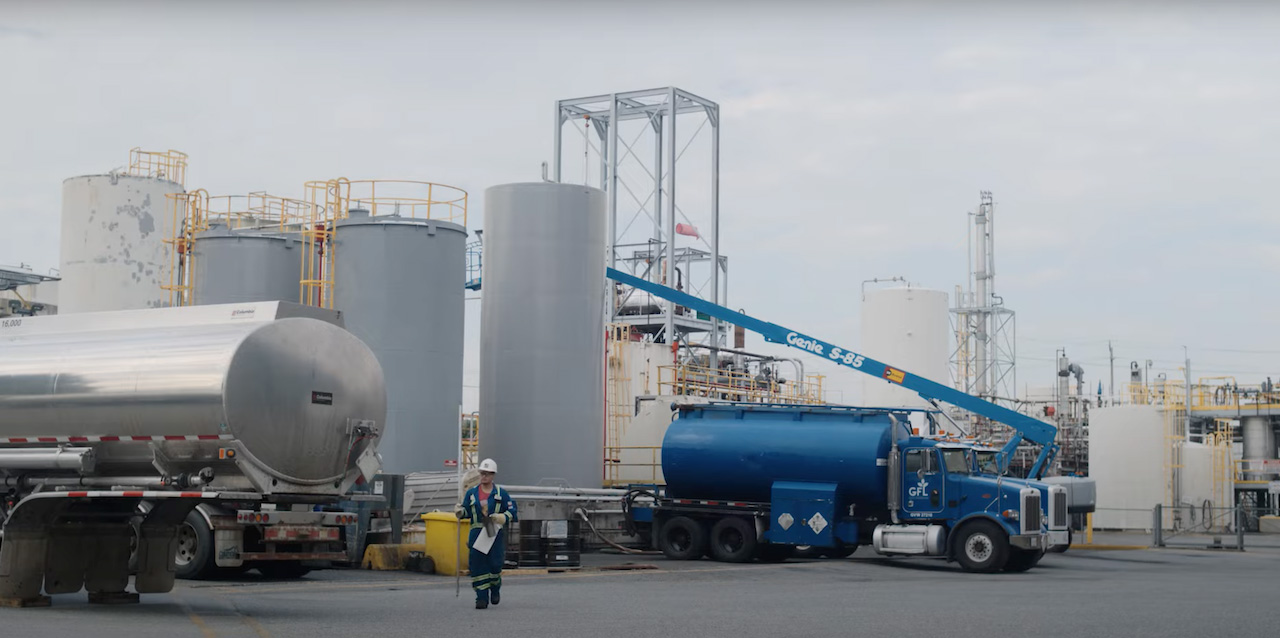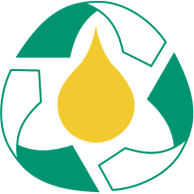June 20, 2025 – The Used Oil Management Association of Canada (UOMA) is proud to announce an achievement in national environmental stewardship: an 83.6% recovery rate for used oil available for collection in 2024*. This represents a significant 2.1% improvement over last year’s already impressive 81.5% rate, demonstrating a remarkable step forward in resource conservation and environmental sustainability across the country.
UOMA is composed of eleven industry-led provincial stewardship programs spanning British Columbia, Alberta, Saskatchewan, Manitoba, Ontario (Automotive Materials Stewardship), Québec, New Brunswick, Nova Scotia, Prince Edward Island, Newfoundland and Labrador, with a program launching in Yukon this year. While UOMA’s comprehensive network now extends across these eleven jurisdictions, the impressive 258.6 million litres of used oil recovered in 2024 excludes Yukon and Ontario.

“This 2.1% improvement represents millions of additional litres of oil diverted from landfills and waterways,” says Brian Ahearn, chair of the National Used Oil Material and Antifreeze Advisory Council (NUOMAAC). “It’s a testament to the enduring strength of the Extended Producer Responsibility (EPR) program, which was introduced 28 years ago, and the ongoing, effective collaboration between our provincial associations.”
Under most provincial regulations in Canada, producers of oil and glycol products are required to manage the end-of-life of the materials they sell. The Used Oil Management Associations oversee these programs on their behalf. UOMA aims for a cleaner environment and creates a sustainable, positive value for end-of-life products managed by the different organizations, generating positive environmental, economic, and social impacts for its members and all Canadians. These programs provide a safe and accessible network of return collection points, collectors, and processors, diverting vast amounts of automotive products from waste streams.
The collected used oil is reused or re-refined, the latter creating a powerful closed-loop system where waste is transformed back into usable products. This process significantly reduces our reliance on extracting new, non-renewable resources, making it a win-win for both the environment and future generations.
To learn more about the program and products that can be recycled, or to find a drop-off location or registered collector for larger quantities of used oil products, visit usedoilrecycling.com.
* Alberta’s data is from April 1, 2023 to March 31, 2024.


About the Used Oil Management Association of Canada
Inter-provincial cooperation of the provincial Used Oil Management Associations (UOMA) is formalized through the National Used Oil Material and Antifreeze Advisory Council (NUOMAAC), which coordinates the Canadian used oil and antifreeze materials recycling effort and encourages national standards. The waste streams include used oil, used oil filters, used antifreeze, used plastic oil/antifreeze/DEF containers and pails, and aerosol cans. For more information, visit https://usedoilrecycling.com.

